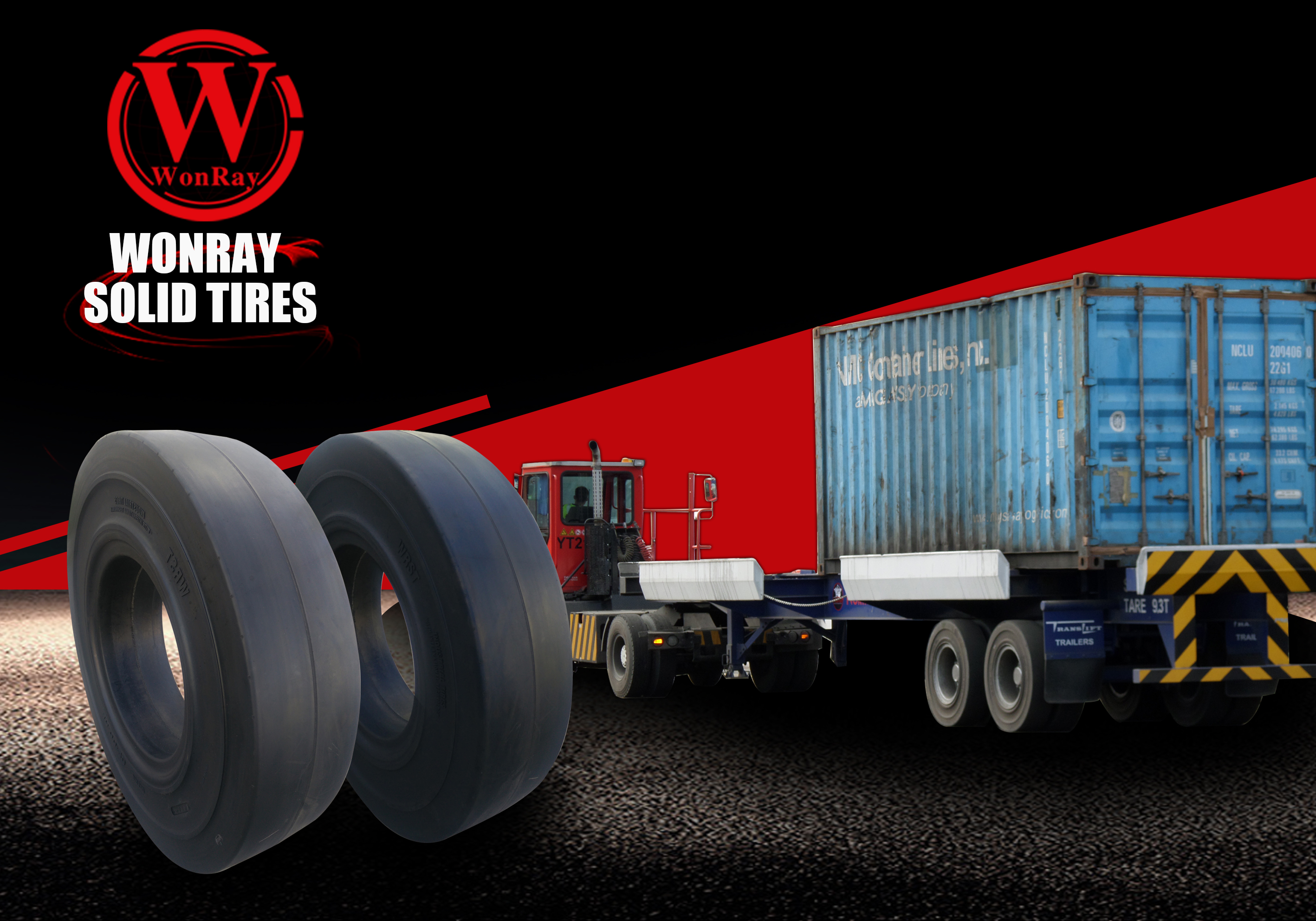In the logistics and transportation industry, solid wheels for trucks play a vital role in ensuring safety, durability, and cost efficiency. Unlike pneumatic tires, solid wheels are built to handle extreme loads and tough road conditions, making them a preferred choice for heavy-duty trucks, industrial vehicles, and construction machinery.
Why Solid Wheels Are Essential for Heavy-Duty Trucks
Solid truck wheels are engineered to provide long-lasting performance in demanding working environments. Their solid rubber or polyurethane structure eliminates the risk of punctures and air leaks, offering unmatched reliability on job sites.
Key benefits include:
-
Puncture-Proof Design: No downtime due to flats or air pressure issues.
-
High Load Capacity: Perfect for trucks carrying heavy materials or operating on rough terrain.
-
Low Maintenance: No need for inflation checks or frequent replacements.
-
Longer Service Life: Resistant to wear, cuts, and heat buildup during continuous operation.
Material Options for Solid Truck Wheels
Manufacturers provide different materials to suit specific working conditions:
-
Solid Rubber Wheels: Ideal for rough, uneven surfaces; excellent shock absorption and traction.
-
Polyurethane Wheels: Best for indoor or smooth-floor environments; resistant to chemicals and abrasion.
-
Hybrid Compounds: Combine the resilience of rubber with the toughness of polyurethane for balanced performance.
Applications Across Industries
Solid truck wheels are widely used in:
-
Construction and Mining: For dump trucks, loaders, and off-road haulers.
-
Warehousing and Logistics: For forklift trucks and pallet carriers operating on hard surfaces.
-
Waste Management and Recycling: To handle debris and corrosive environments.
-
Manufacturing Plants: For transport systems and automated guided vehicles (AGVs).
Choosing the Right Solid Wheels for Your Fleet
When selecting solid wheels for trucks, B2B buyers should evaluate:
-
Load requirements – Maximum weight and operating frequency.
-
Road conditions – Whether the surface is indoor, outdoor, wet, or uneven.
-
Temperature resistance – Important for operations in high-heat environments.
-
Material composition – Rubber, polyurethane, or hybrid compounds.
-
Supplier reliability – Look for certified manufacturers offering consistent quality and after-sales support.
Summary
Solid wheels for trucks represent a long-term investment in efficiency and safety. They deliver stability, reduce maintenance costs, and minimize downtime — key factors for companies focused on maximizing operational output. Partnering with a trusted supplier ensures consistent quality and performance for your truck fleet, whether in logistics, construction, or industrial applications.
FAQs
Q1: What are the advantages of using solid wheels over pneumatic ones?
A: Solid wheels are puncture-proof, require minimal maintenance, and have a longer service life, especially under heavy loads.
Q2: Are solid truck wheels suitable for all types of surfaces?
A: Yes, but the material should match the environment — rubber for rough terrain, polyurethane for smooth surfaces.
Q3: How often should solid wheels be replaced?
A: It depends on usage conditions, but typically they last significantly longer than pneumatic tires, often years under proper maintenance.
Q4: Can solid wheels improve fuel efficiency?
A: Indirectly, yes. By maintaining consistent traction and reducing downtime, solid wheels help optimize operational efficiency and lower overall costs.
Post time: 11-10-2025

